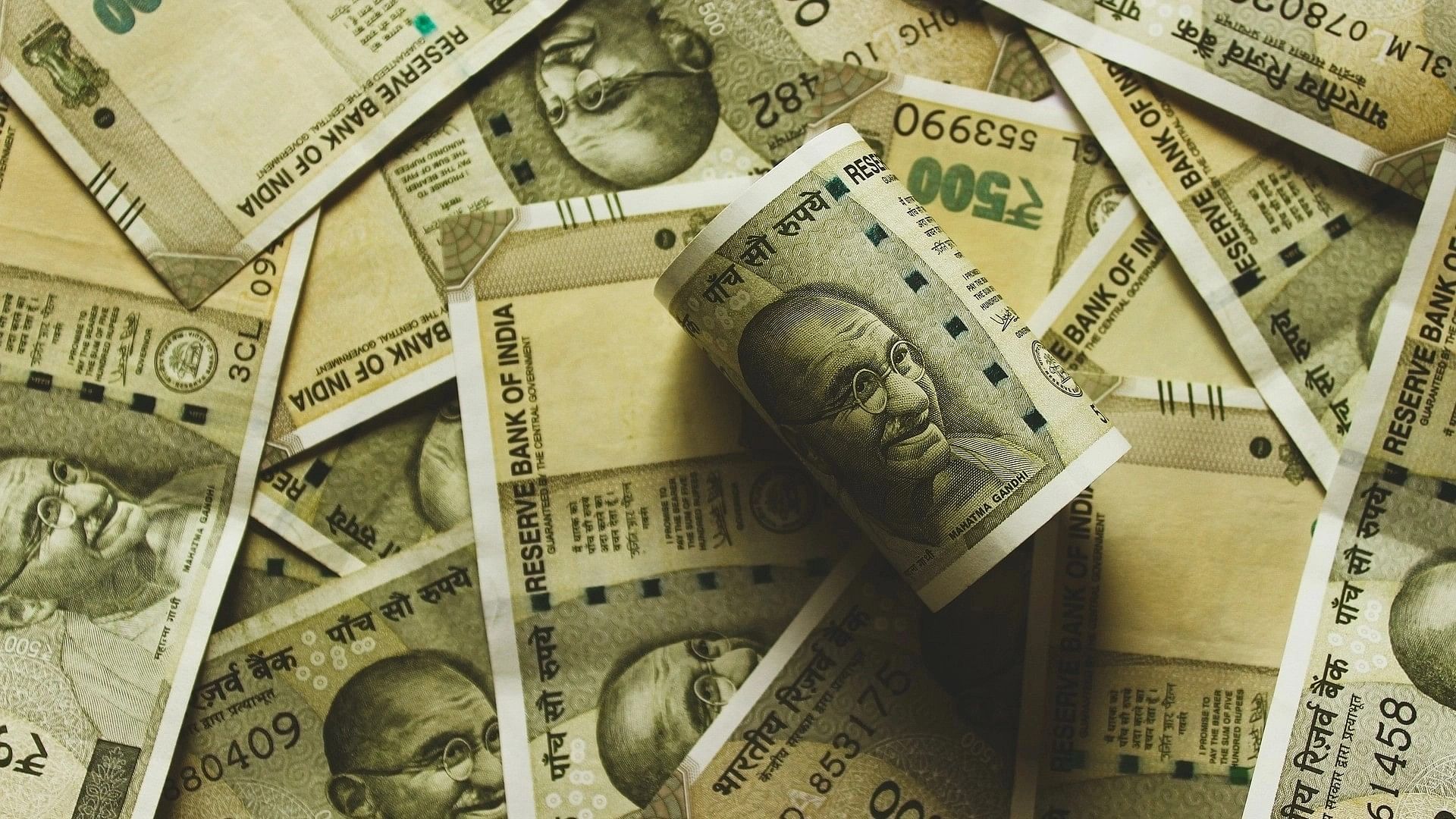
Information and broadcasting minister Ashwini Vaishnaw said the new UPS is expected to benefit 23 lakh employees
Credit: Pixabay Photo
Fulfilling long pending demands of government employees ahead of assembly elections in Haryana and Jammu and Kashmir, the Narendra Modi-led NDA government on Saturday approved Unified Pension Scheme (UPS) which will guarantee federal government employees 50 per cent of their base salary as a pension.
Announcing Cabinet decisions, Union Information and Broadcasting Minister Ashwini Vaishnaw said that under the UPS, government employees will now be eligible to get 50 per cent of the average basic pay drawn over the last 12 months before the superannuation as pension.
The announcement came against the backdrop of several non-BJP states deciding to revert to the DA-linked Old Pension Scheme (OPS) and employee organisations in some other states raising demand for the same.
Last year, the finance ministry had set up a committee under Finance Secretary TV Somanathan to review the pension scheme for government employees to provide stable income to individuals during their retirement years. The Finance minister had asked the panel to suggest any changes, if needed, in the light of the existing framework and structure of the National Pension System.
In a post on X, Prime Minister Narendra Modi said, "We are proud of the hard work of all government employees who contribute significantly to national progress. The Unified Pension Scheme ensures dignity and financial security for government employees, aligning with our commitment to their well-being and a secure future," Modi said in a post on X.
Here is all you need to know about the scheme.
What are the benefits of the Unified Pension Scheme?
Guaranteed pension: Employees opting for UPS would be eligible for an assured pension of 50 per cent of the average basic pay drawn over the last 12 months before the superannuation for a minimum qualifying service of 25 years.
Guaranteed minimum pension: The new pension scheme also guarantees an assured minimum pension of Rs 10,000 per month on superannuation after a minimum of 10 years of service.
Guaranteed family pension: An assured family pension will be provided to the spouse of a deceased employee.
Inflation indexation: There would be inflation indexation on assured pension, assured family pension, and assured minimum pension.
Dearness Relief: The retirees under UPS will receive dearness relief based on the All India Consumer Price Index for Industrial Workers (AICPI-IW) as in the case of serving employees.
Lump sum amount on Retirement: In addition to gratuity, employees at the time of retirement would be eligible for a lump sum amount -- 1/10th of monthly emolument (pay + DA) as on the date of superannuation for every completed six months of service.
Eligibility
The UPS is set to be implemented from April 1, 2025.
Ashwini Vaishnaw said the new UPS is expected to benefit 23 lakh employees and would be optional for existing Central government employees enrolled under the NPS.
However, the number of employees under UPS could increase up to 90 lakh if state employees also join in the UPS architecture, Vaishnaw said.
(With inputs from DHNS, Agencies)